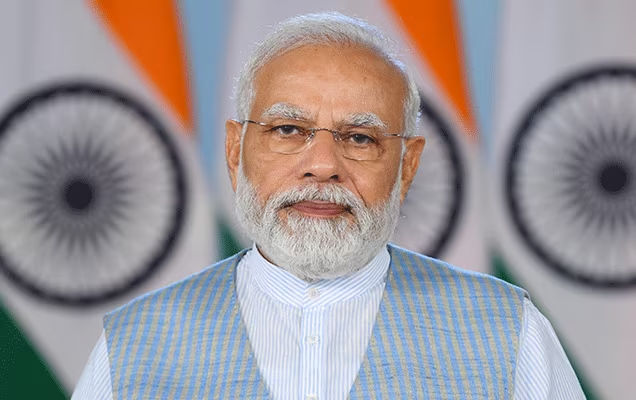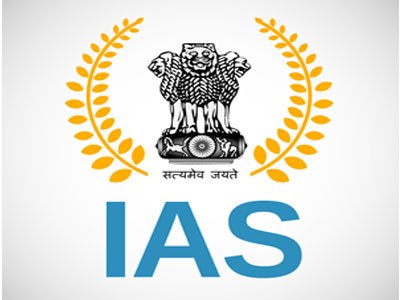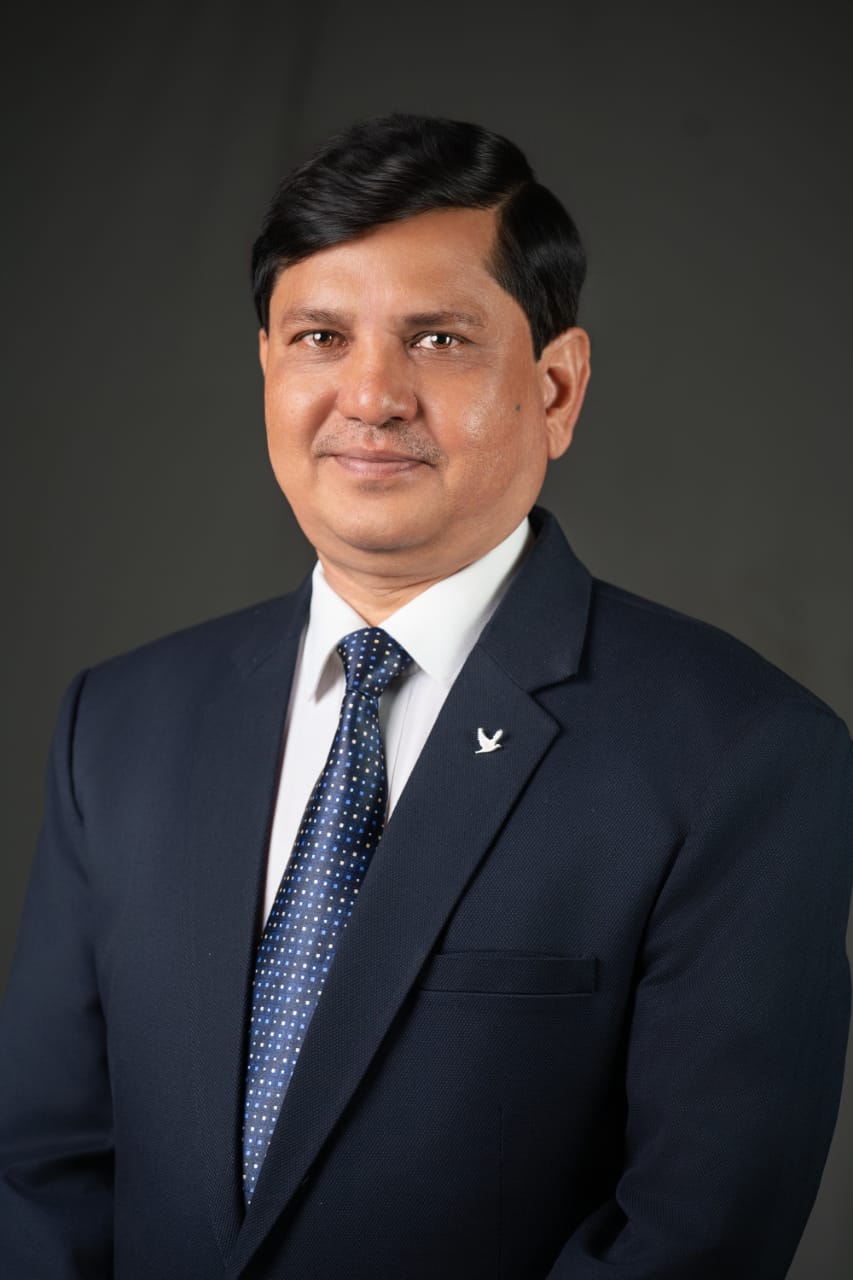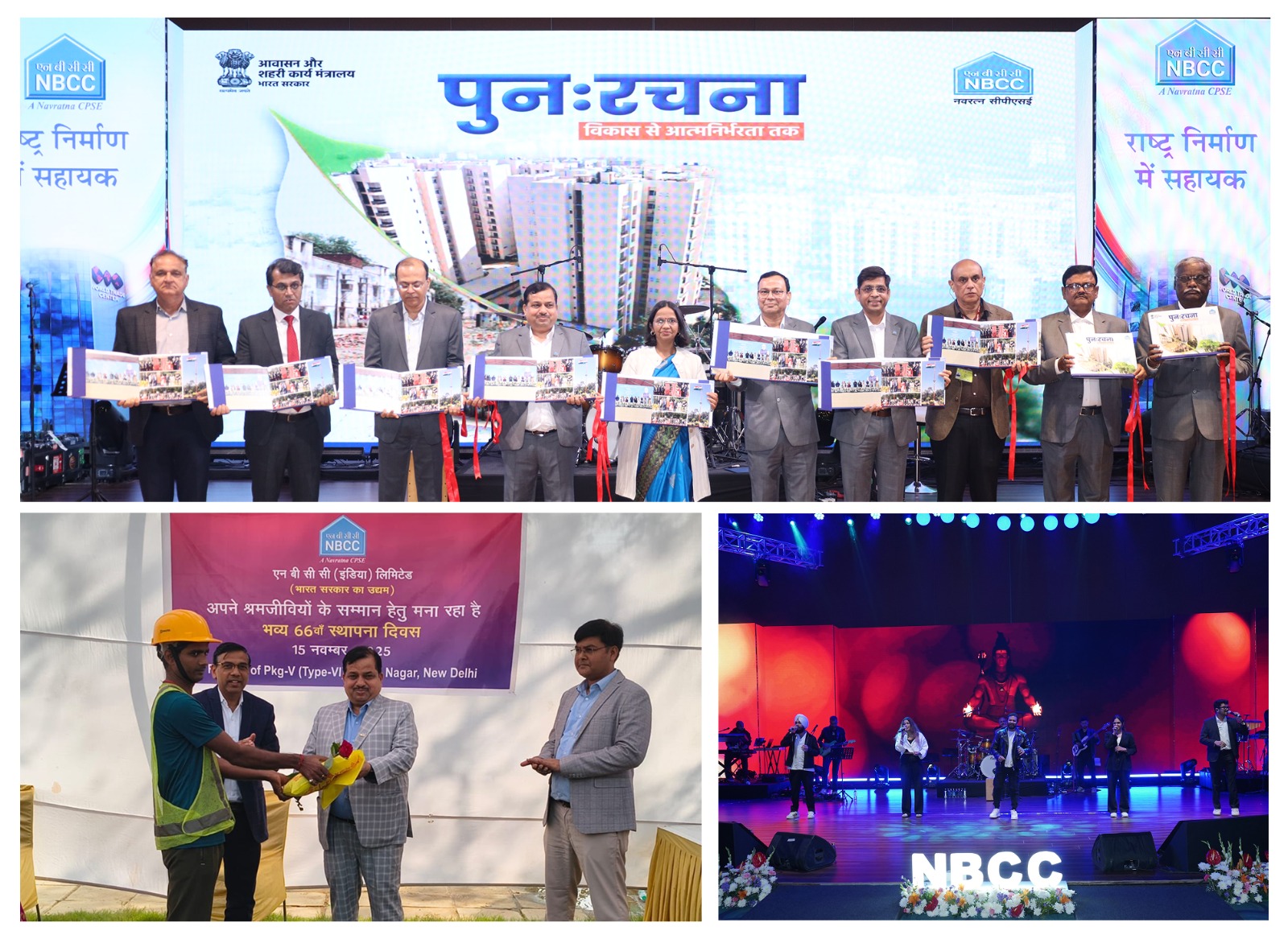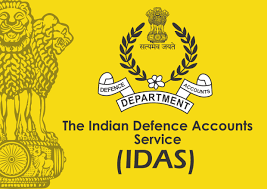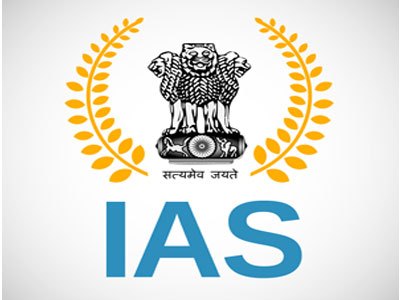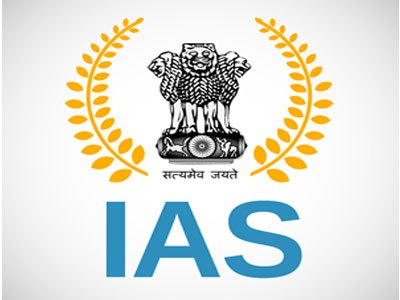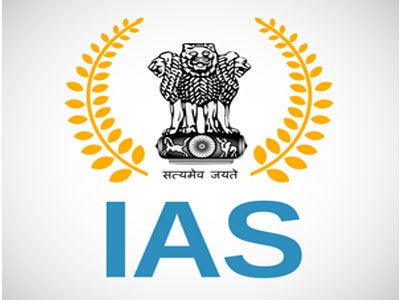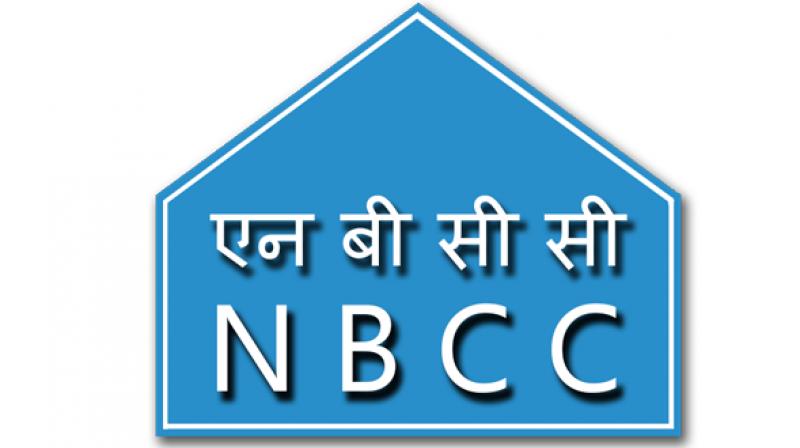Narendra Modi will lay the foundation stone of various development projects in Maharashtra worth over Rs 7600 crore, at around 1 PM, on 9 October, through video conference.
Prime Minister will lay the foundation stone of the upgradation of Dr. Babasaheb Ambedkar International Airport, Nagpur with a total estimated project cost of around Rs 7000 crore. It will serve as a catalyst for growth across multiple sectors, including manufacturing, aviation, tourism, logistics, and healthcare, benefiting Nagpur city and the wider Vidarbha region.
Prime Minister will lay the foundation stone of the New Integrated Terminal Building at Shirdi Airport worth over Rs 645 crore. It will provide world-class facilities and amenities for the religious tourists coming to Shirdi. The construction theme of the proposed terminal is based on the spiritual neem tree of Sai Baba.
In line with his commitment to ensuring affordable and accessible healthcare for all, Prime Minister will launch operationalization of 10 Government Medical Colleges in Maharashtra located at Mumbai, Nashik, Jalna, Amravati, Gadchiroli, Buldhana, Washim, Bhandara, Hingoli and Ambernath (Thane). While enhancing the under graduate and post graduate seats, the colleges will also offer specialised tertiary healthcare to the people.
In line with his vision to position India as the "Skill Capital of the World," Prime Minister will also inaugurate the Indian Institute of Skills (IIS) Mumbai, with an aim to create an industry-ready workforce with cutting-edge technology and hands-on training. Established under a Public-Private Partnership model, it is a collaboration between the Tata Education and Development Trust and Government of India. The institute plans to provide training in highly specialised areas like mechatronics, artificial intelligence, data analytics, industrial automation and robotics among others.
Further, Prime Minister will inaugurate the Vidya Samiksha Kendra (VSK) of Maharashtra. VSK will provide students, teachers, and administrators with access to crucial academic and administrative data through live chatbots such as Smart Upasthiti, Swadhyay among others. It will offer high-quality insights to schools to manage resources effectively, strengthen ties between parents and the state, and deliver responsive support. It will also supply curated instructional resources to enhance teaching practices and student learning.
